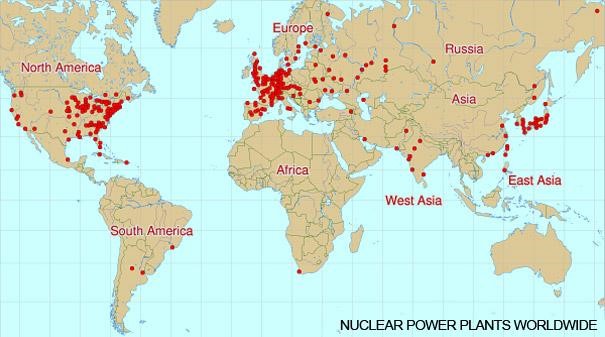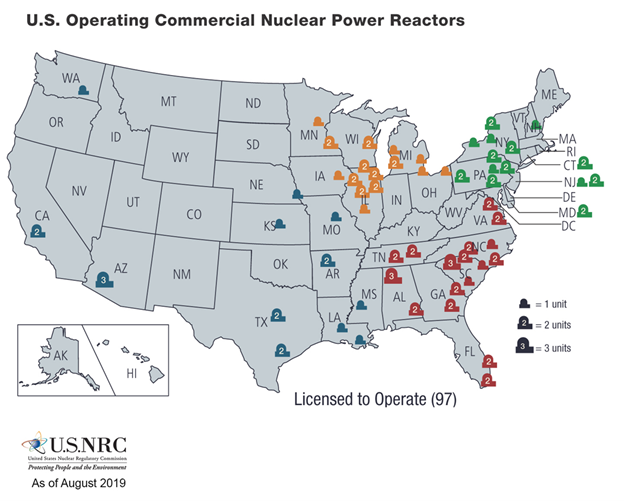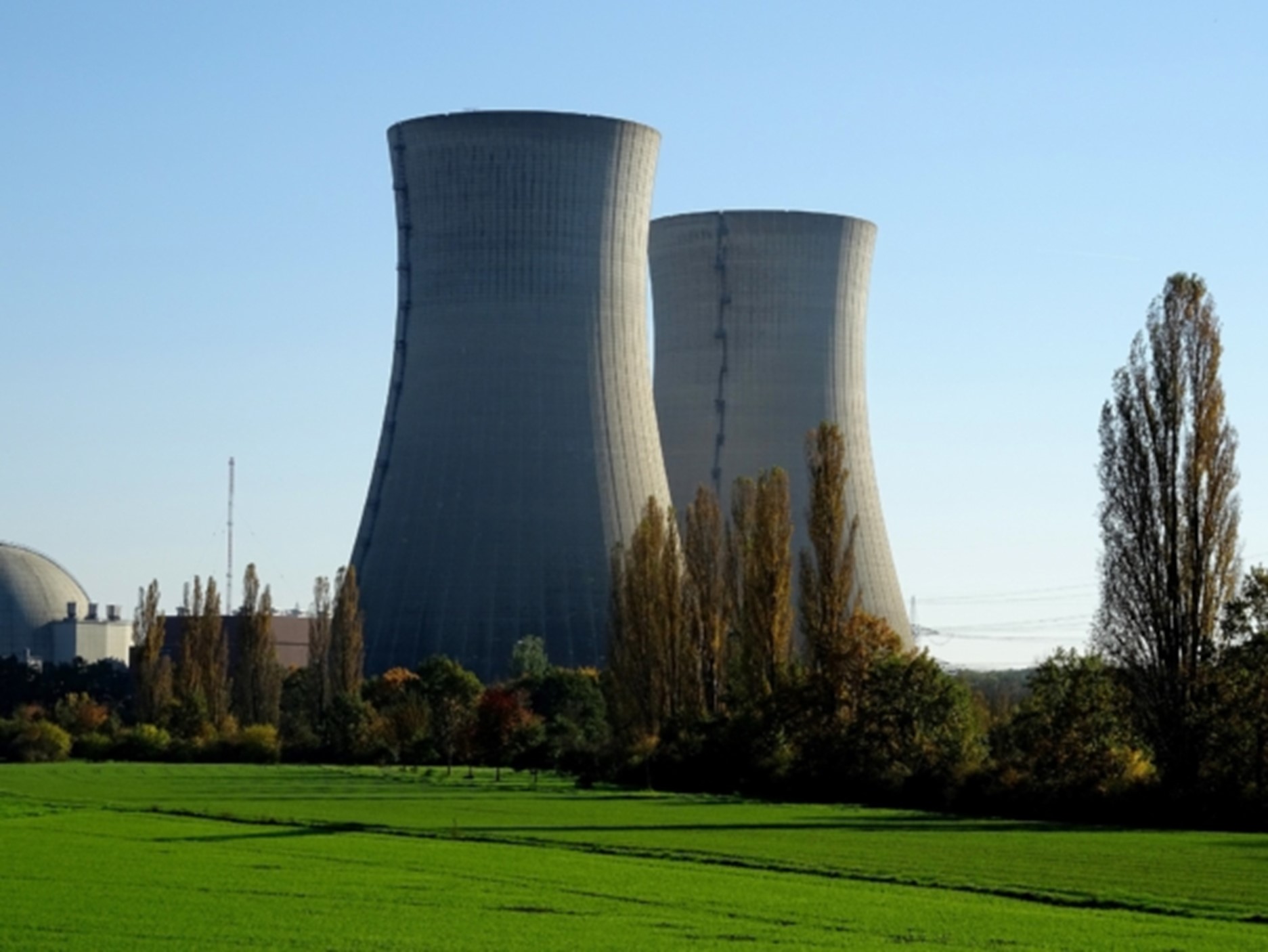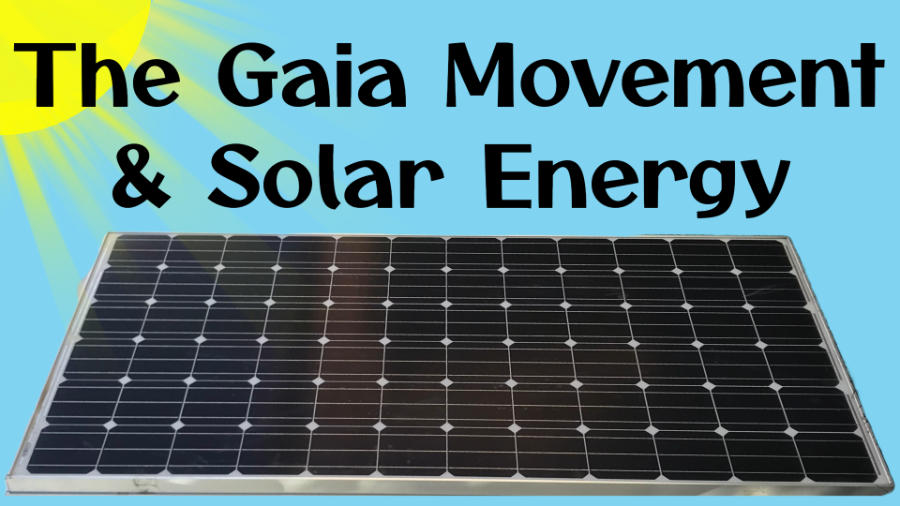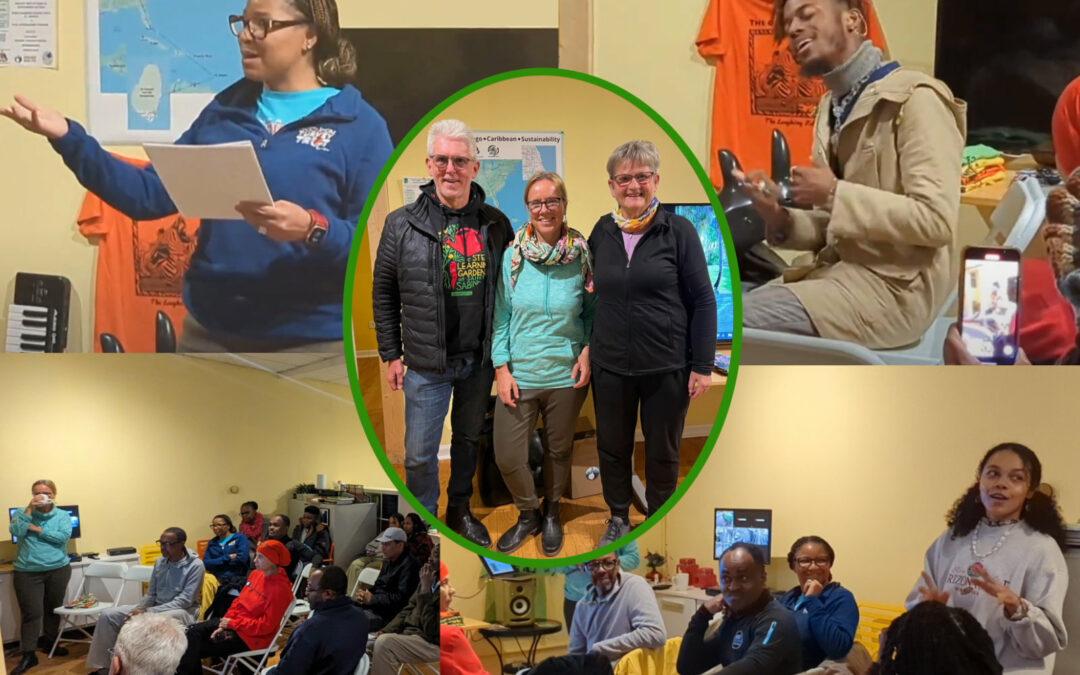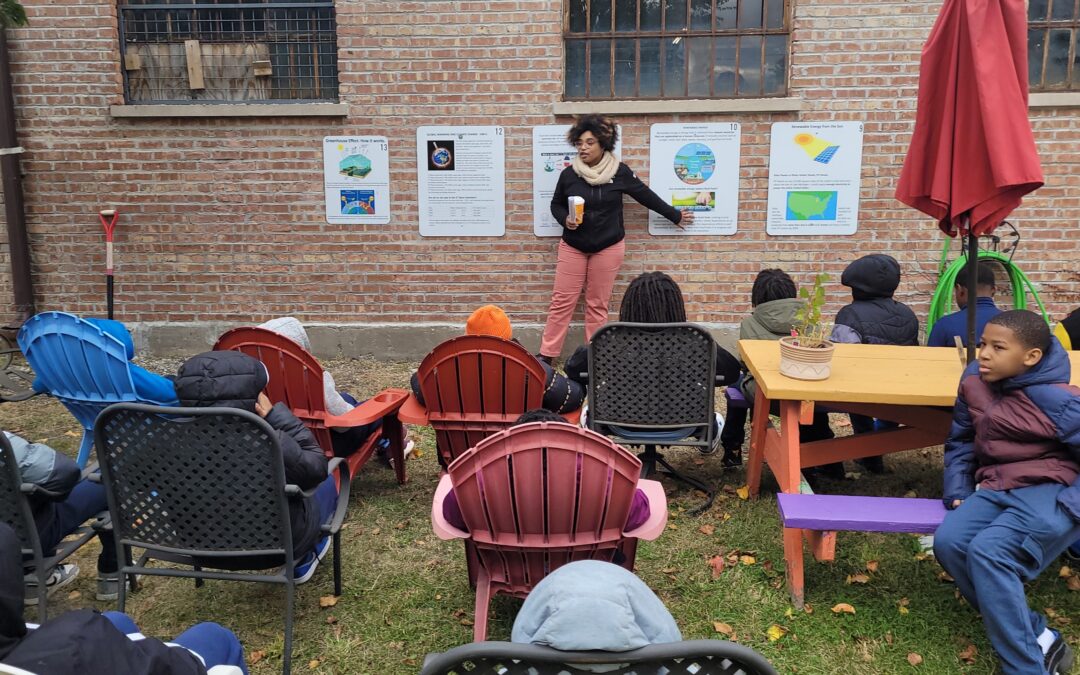Nuclear Power Plants are NOT the solution for humanity’s energy needs in the future!
Although nuclear power plants have been in operation for less than 70 years, we have seen three serious disasters. Tragically, it took a horrific disaster in Japan to remind the world that none of the fundamental problems with nuclear power have ever been addressed.
Besides reactor safety, both nuclear proliferation and the required long-term storage of nuclear waste (which remains lethal for more than 100,000 years) make nuclear power a uniquely dangerous energy technology for humanity. Nuclear is no solution to Climate Change and every dollar spent on nuclear is one less dollar spent on truly safe, affordable and renewable energy sources.
The first nuclear power plant in the world opened in 1954 in Obninsk, Soviet Union and the second opened in UK in Calder Hall in 1956. The fist power plant in USA came in 1958. Today (2021) there are 440 active nuclear plant worldwide and they are placed in densely populated areas, as are most of the waste. Regardless of being for or against nuclear power, the nuclear waste is a problem we all have to live with and solve. Another 3-400 more power plants are planned, while scientists are running out of ideas of where to store the waste.
What Is Nuclear Energy?
Nuclear energy is created through the process of splitting atoms—specifically, uranium atoms. When the atom is split it becomes two smaller, lighter atoms. Because energy doesn’t just disappear, the “lost” mass is converted into heat, which is used to produce electricity.
Low Cost of Operation
After the initial cost of construction (which is extremely expensive), nuclear energy is a cost-effective energy solutions compared to energy from gas, coal, or oil unless those resources are located near the power plant they supply.
Steady Source of Energy
Nuclear power plants are essentially unaffected by external climatic factors and create a steady energy output. A nuclear power plant in full-swing operation can produce energy non-stop for an entire year.
Uranium sources on the planet can last to generate energy for the next 70-80 years, which is longer than many fossil fuels are estimated to last.
Stable Base Load Energy
The stable production of power created by nuclear power plants in USA (20% of the total electricity) means that it can ideally be used in conjunction with other forms of renewable energy like wind turbines and solar.
Produces Low Pollution (if you only consider CO2 and not the nuclear waste)
The current consumption of nuclear energy already reduces over 555 million metric tons of CO2 emissions every year. This reduction in greenhouse gases is an advantage right now, but rather temporary, as the problem of extremely toxic nuclear waste is not solved.
Sufficient Fuel Availability
Like fossil fuels, the uranium used to supply nuclear power plants is in limited supply. However, our uranium reserves are estimated to last another 80 years, whereas fossil fuels have a much more limited lifespan.
Countries like India, China, and Russia are already working towards using the greener and more abundant thorium to power nuclear reactors. If we switch to thorium we will have even longer than 80 years or fuel available. However, if scientists are able to turn nuclear fusion into a reality, we would theoretically never run out of electricity ever again. Turning nuclear energy into sustainable energy requires the use of breeder reactors and nuclear fusion to sustain us for the foreseeable future.
High Energy Density
Nuclear fission (the process used to generate nuclear energy) releases much greater amounts of energy (8,000 times) than simply burning fossil fuels like gas, oil, or coal. Because nuclear energy is more efficient, it requires less fuel to power the plant and therefore creates less waste as well.
Expensive to Build
Despite being relatively inexpensive to operate, nuclear power plants are incredibly expensive to build—and the cost keeps rising ($4-9 Billion) In addition to the expense of building a power plant, nuclear plants must also allocate funds to protect the waste they produce and keep it in cooled structures with security procedures in place. All of these costs make nuclear power quite expensive.
Accidents
The Chernobyl accident is estimated to have caused as many as 10,000 deaths from the long-term effects of radiation in the region. The Fukushima power plant crisis in 2011 showed that no matter how safe nuclear power plants are designed to be, accidents can and do happen.
Produces Radioactive Waste
Although nuclear energy production does not create any emissions, it does produce radioactive waste that must be securely stored so it doesn’t pollute the environment. While radiation might sound scary, we are constantly exposed to small amounts of radioactivity from cosmic rays or radon in the air we breathe. In small quantities, radiation isn’t harmful—but the radioactive waste from nuclear energy production is incredibly dangerous.
Storage of radioactive waste is a major challenge facing nuclear power plants. Because there’s no way to destroy nuclear waste, the current solution is to seal it securely in containers and store it deep underground where it can’t contaminate the environment. As technology improves, we will hopefully find better ways of storing radioactive waste in the future.
Impact on the Environment
Nuclear power plants have a greater impact on the environment than just the waste they produce. The mining and enrichment of uranium are not environmentally friendly processes. Open-pit mining for uranium is safe for miners but leaves behind radioactive particles, causes erosion, and even pollutes nearby sources of water. Underground mining isn’t much better and exposes miners to high amounts of radiation while producing radioactive waste rock during extraction and processing.
Security Threat
Nuclear power presents a unique threat to our national security because it is powered by nuclear energy. Terrorists might target nuclear power plants with the intention of creating a disaster, and the uranium used to produce the power can be turned into nuclear weapons if they end up in the wrong hands. For these reasons, security surrounding nuclear materials and nuclear power plants is extremely important.
Limited Fuel Supply
There might be some important pros and cons of nuclear energy, but one of the most important considerations to keep in mind is that nuclear energy is dependent on uranium and thorium to produce energy. Unless we can find a way to create nuclear fusion or build breeder reactors before our supply dries up, we will be unable to create energy with the nuclear power plants we’ve built for the future. Ultimately, nuclear power is only a temporary solution with a very high price tag.
A Sustainable Future
Learning about the pros and cons of nuclear energy will help you make your own decision about whether it’s a good choice for our future energy needs or whether it’s not a long-term strategy worth pursuing. If you’re interested in doing your part for the environment and finding ways to reduce your energy consumption, visit Spring Power & Gas to learn more about our environmentally conscious products today.


